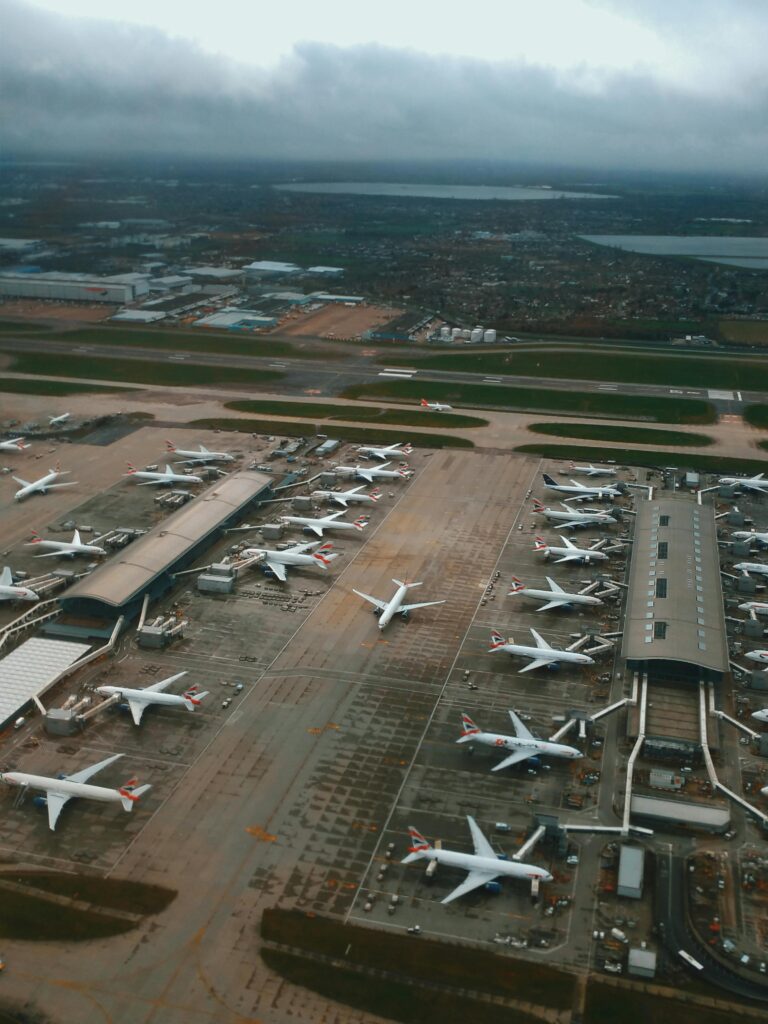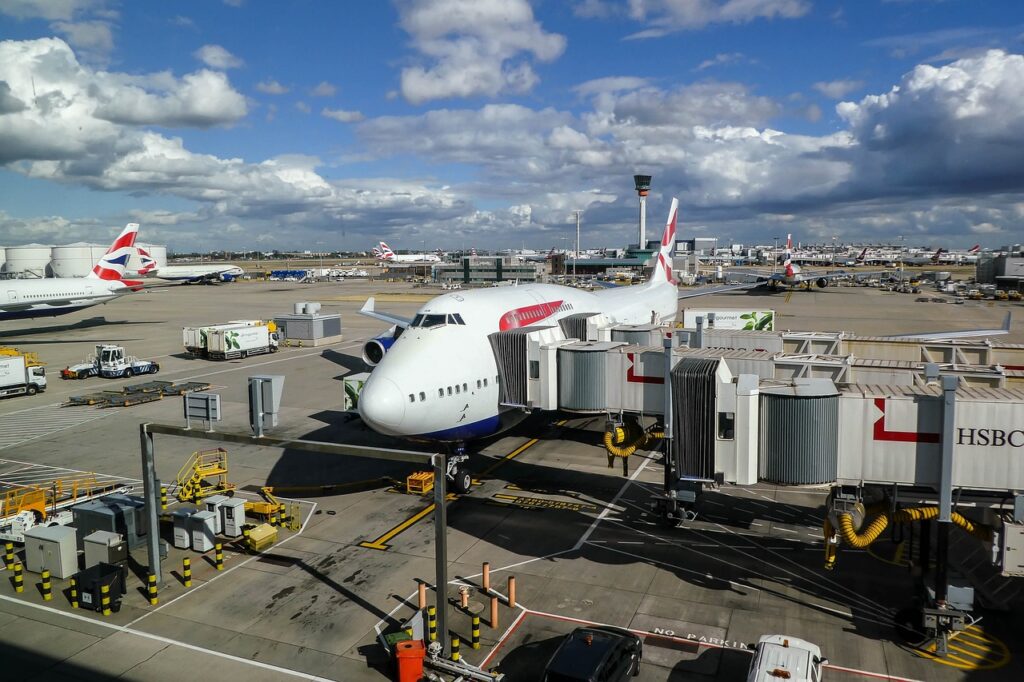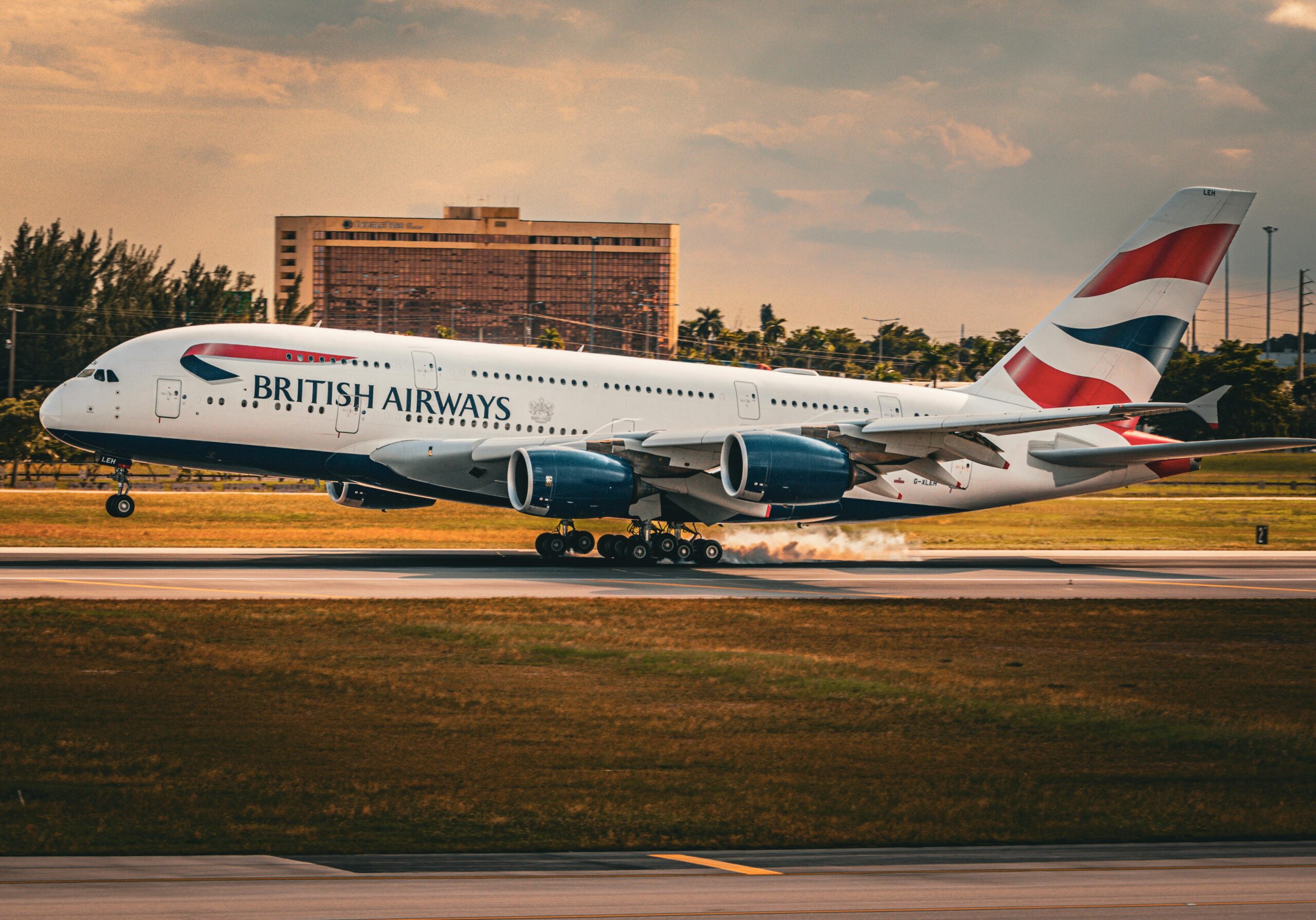On November 18, 2024, British Airways (BA) faced a major IT system failure that disrupted flights worldwide, leaving passengers frustrated and stranded. The incident caused delays, cancellations, and widespread chaos, adding to BA’s history of technical issues. Here’s everything you need to know about the disruption and its aftermath.

What Happened?
The chaos began around 5 PM GMT when BA’s IT systems, including its website and mobile app, experienced a significant outage. Key operations like flight planning, load sheet preparation, and electronic communication between pilots and the operations center were affected. Planes were grounded, passengers were stranded on tarmacs, and airports such as Heathrow, Gatwick, and London City bore the brunt of the disruption.
Although British Airways resolved the issue within hours, the ripple effects caused major delays for flights across Europe, North America, and Africa. Thousands of passengers faced uncertainty as BA scrambled to manage the fallout. Despite apologies from the airline, many were left fuming over the lack of timely communication and support.
Why It Matters
This incident is part of a troubling trend for British Airways. The airline, which is investing £7 billion in a modernization project, has faced repeated IT challenges in recent years. These failures not only tarnish BA’s reputation but also expose vulnerabilities in its operational infrastructure.
The disruption highlights the critical role of robust IT systems in modern aviation. As airlines strive to balance innovation and cost-saving, lapses like these emphasize the need for resilience in their technological backbone.
Impact on Passengers
Thousands of passengers experienced delays or cancellations, with some waiting hours on the tarmac. For many, the disruption turned a simple travel plan into an ordeal. Social media was flooded with complaints about the lack of updates from BA, with stranded travelers expressing frustration over the airline’s handling of the situation.
What Is BA Doing About It?
British Airways has acknowledged the issue and apologized for the inconvenience caused. As part of its £7 billion transformation initiative, BA is focused on modernizing its IT infrastructure and enhancing system reliability. However, repeated incidents have raised questions about the effectiveness of these efforts.

FAQs: What You Need to Know
1. What caused the IT system failure?
British Airways has not disclosed specific details about the root cause. However, the issue impacted systems critical to flight operations, including flight planning and communications.
2. How many flights were affected?
BA has not confirmed exact numbers, but reports suggest that thousands of passengers across multiple continents were impacted, with numerous delays and cancellations.
3. What compensation can affected passengers claim?
If your flight was canceled or delayed for more than three hours due to the outage, you may be entitled to:
- A full refund or alternative travel arrangements.
- Meals, refreshments, and accommodation if required.
- Compensation for delays, depending on the length of the delay and the distance of the flight.
4. How can passengers claim compensation?
Visit the British Airways website to file a compensation claim. Ensure you have your booking reference and proof of delay or cancellation. If you’re unsatisfied with the airline’s response, escalate the claim to relevant aviation authorities.
5. Is British Airways doing enough to prevent future outages?
BA’s ongoing £7 billion investment aims to modernize its systems and prevent such incidents. However, repeated failures suggest that more robust solutions and better crisis management protocols are urgently needed.
Final Thoughts
The British Airways IT meltdown is a stark reminder of how technology can either empower or cripple an airline. While BA works to rebuild trust and modernize its systems, passengers are left hoping that their next journey will be smoother.
Have you ever faced a major travel disruption? Share your experience in the comments below!
Sources The Guardian


